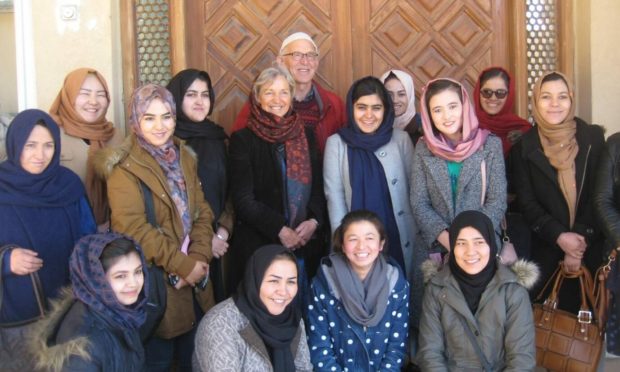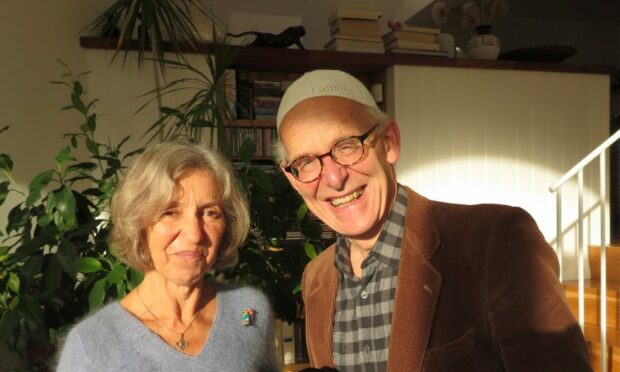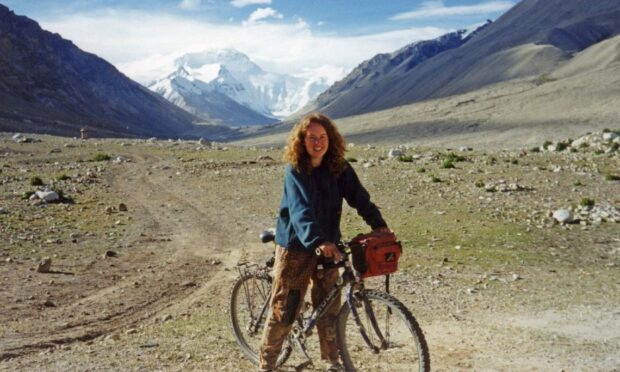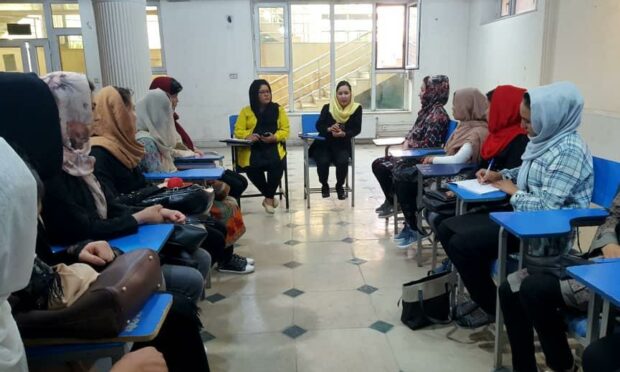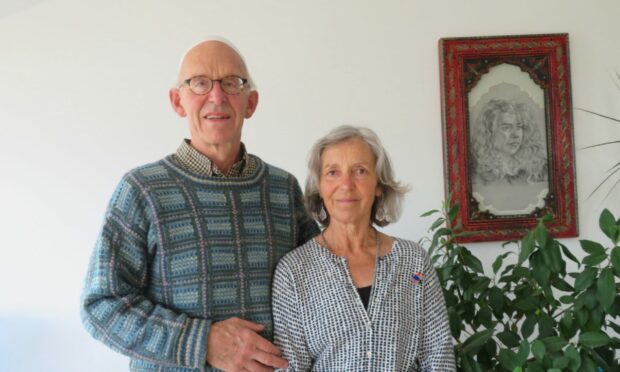A charity helping women in Afghanistan get an education and jobs wants to bring students to Scotland amid fears for their future under Taliban rule.
The Linda Norgrove Foundation is to seek visas for 10 students it supports, as well as for two staff members currently too frightened to leave their homes.
The Lewis-based charity has seen a record number of applications from women for scholarships this year.
Current situation is ‘living death’
But it has shelved plans to advertise for new students this autumn due to growing uncertainty under the new regime.
One female student described the current situation as a “living death”.
The foundation was set up by John and Lorna Norgrove in memory of their daughter Linda who campaigned for women to gain an education.
She was abducted in Afghanistan in 2010 while working for a charity.
She was killed, aged 36, during a rescue operation by US forces.
By last year, its 10th anniversary, the foundation had raised £2 million.
It mostly supports women studying medicine or related fields including dentistry, pharmacy and midwifery.
It also helps those studying business-related subjects, such as computer science, international relations and economics.
This year 1,700 women responded to the charity’s adverts for potential students, up from 491 in 2020.
Some 45 scholarships are being supported, including 25 for medical students.
Concerns about continuing studies in Afghanistan
Charity trustees are determined to continue the scholarships.
They want to try to obtain visas for up to 10 students to allow them to continue their studies in Scotland.
It is also hoped to bring two Afghan women working for the charity in Kabul to this country.
Mr Norgrove said: “I’m fielding a lot of emails from students about the situation. One woman called it a living death.
“They are all concerned they will not be allowed to study even though the Taliban seemed to be indicating they will continue to be allowed to study in essential subjects.
“I would have thought that medicine and midwifery are top of the list of essential subjects.
“For students studying economics and IT technologies the future seems a little more doubtful, but we have to wait and see.
“In the UK there are moves afoot to take refugees from Afghanistan. So we are looking into the possibility of getting some medical students over to study in Scotland.”
Mr Norgrove believes there is a feeling of guilt in the UK that Afghanistan is being “left in the lurch”, which may increase the chances of obtaining visas.
Women scared to leave their homes
He added: “We are very worried about the staff over there. They are Afghani women in Kabul who are at home worried about going into the streets and what might happen.”
Mr Norgrove said there is a huge demand for education in Afghanistan and it is not clear if the students will be allowed to continue their studies.
“We were hoping to take on more students this autumn and would have been advertising these vacancies just now.
“But in the current situation we’ve shelved that. There is no point in advertising when women are too scared to go out of the house.
“At the moment it’s very difficult to work out what’s happening because we’re getting different messages from the Taliban.”
The foundation has also sent a message to supporters outlining the current situation, which it says is “especially frightening for women”.
“Women who symbolise independence, as well as those who defend them, become a target for the terrorists”, it says.
The number of women killed or injured increased by 37% in the first quarter of 2021.
Eleven journalists and activists were murdered in four months.
Scholarship support to continue
Two female judges were killed in January and Zarifa Ghafari, the only woman mayor, has survived three attacks, the foundation reports.
It adds: “For us to abandon the Afghans now would betray their trust and our principles.
“We will continue to support the scholarships and existing projects. But the needs that arise during such a rapidly changing situation in Afghanistan mean that we have to become even more flexible and adaptable.
“We hope that we can continue our programmes under the new regime.
“We have always emphasised that we help specific people in need, without the abilities or capacity to significantly alter governmental or institutional development. We avoid politics.
“It looks as though we’ve another uphill struggle ahead.
“But this is nothing compared with the struggles of women in Afghanistan and our thoughts are with them at this time.”
